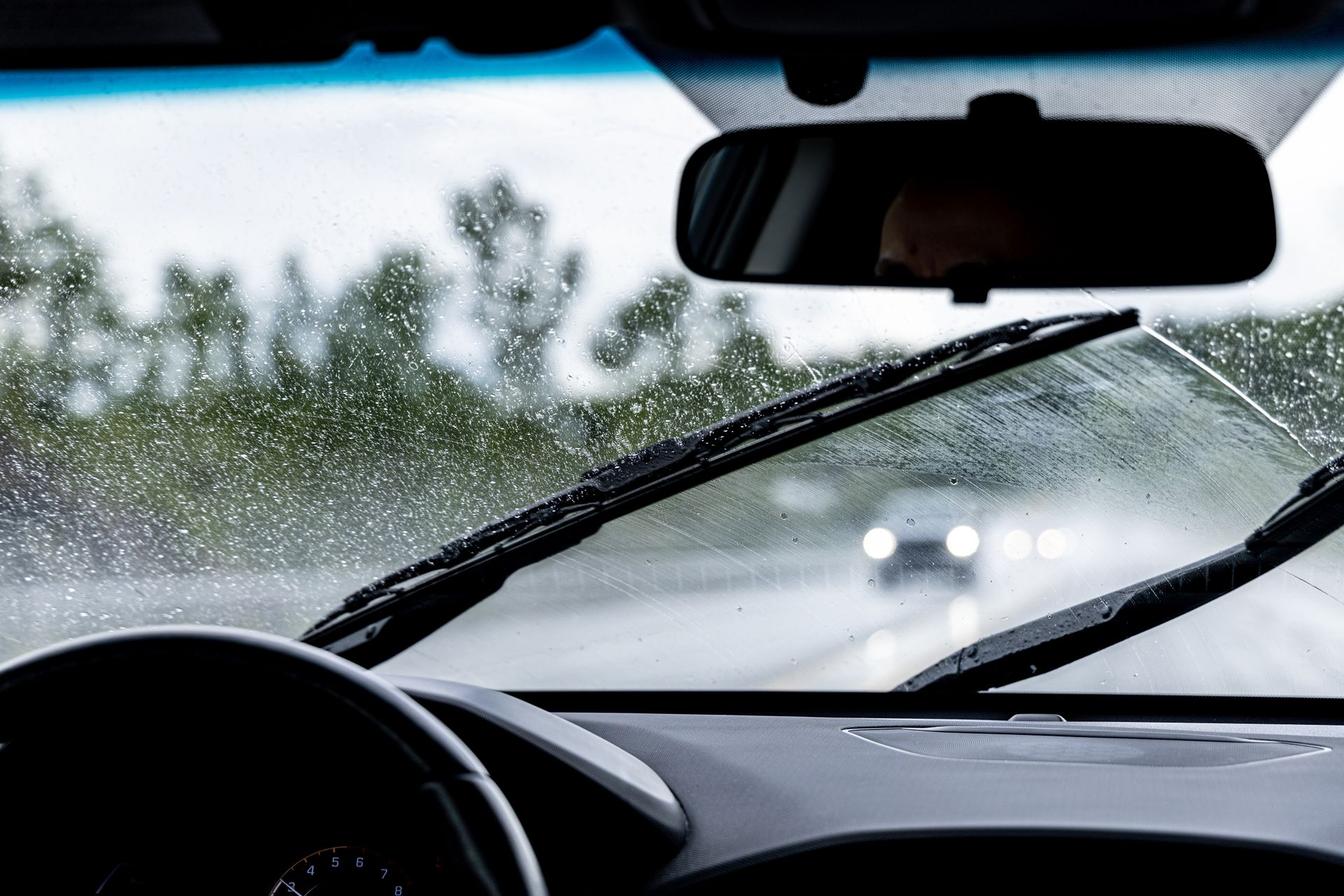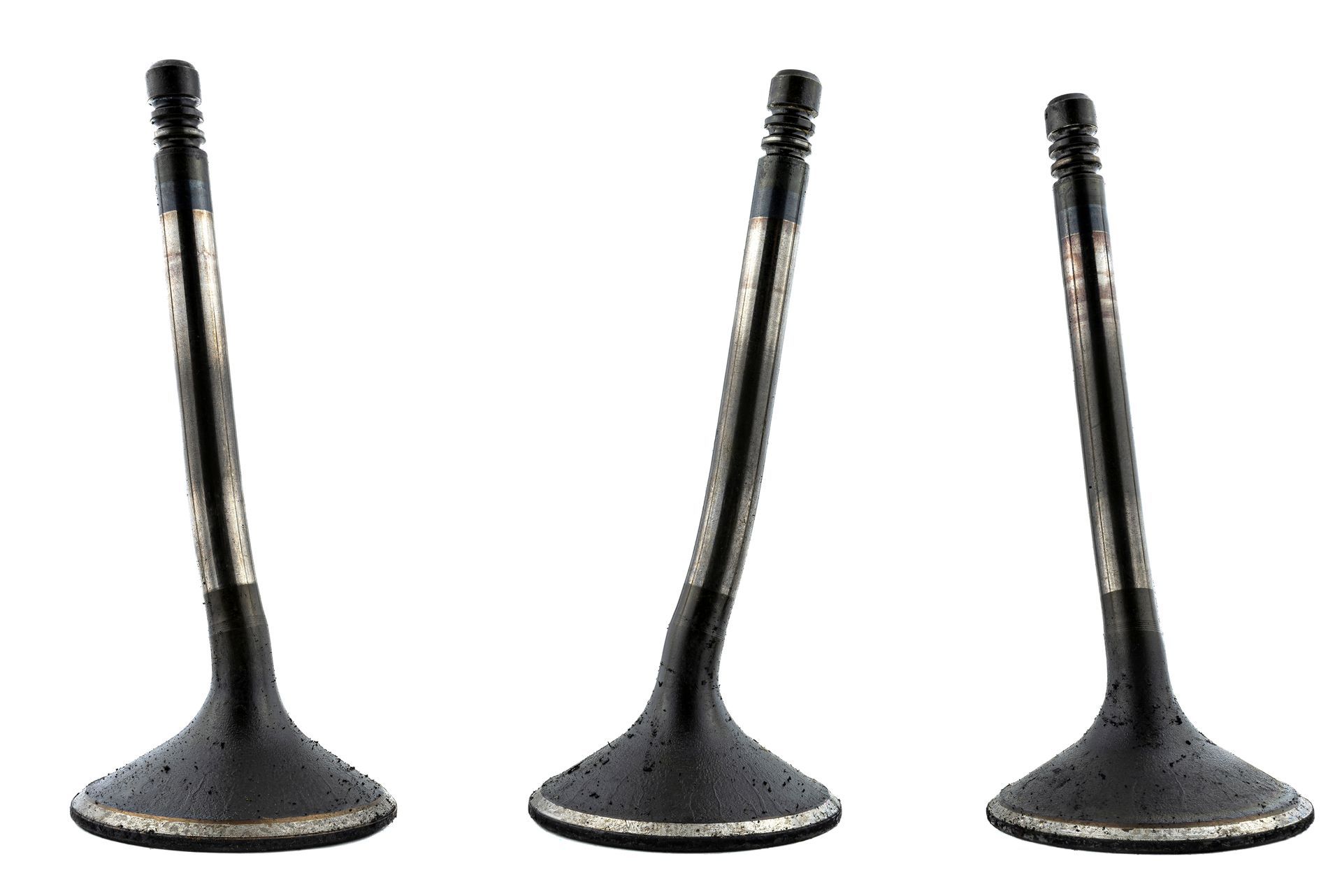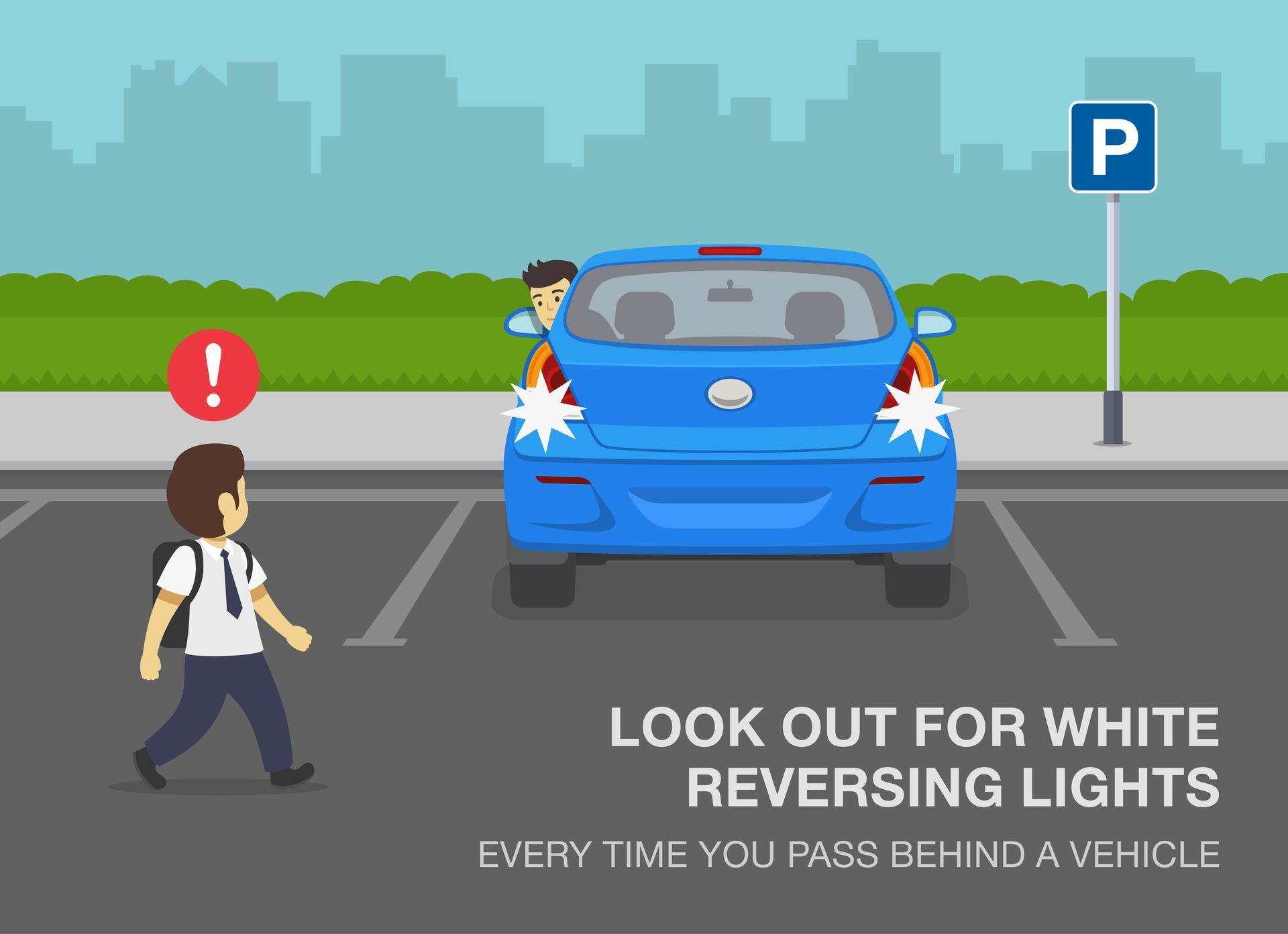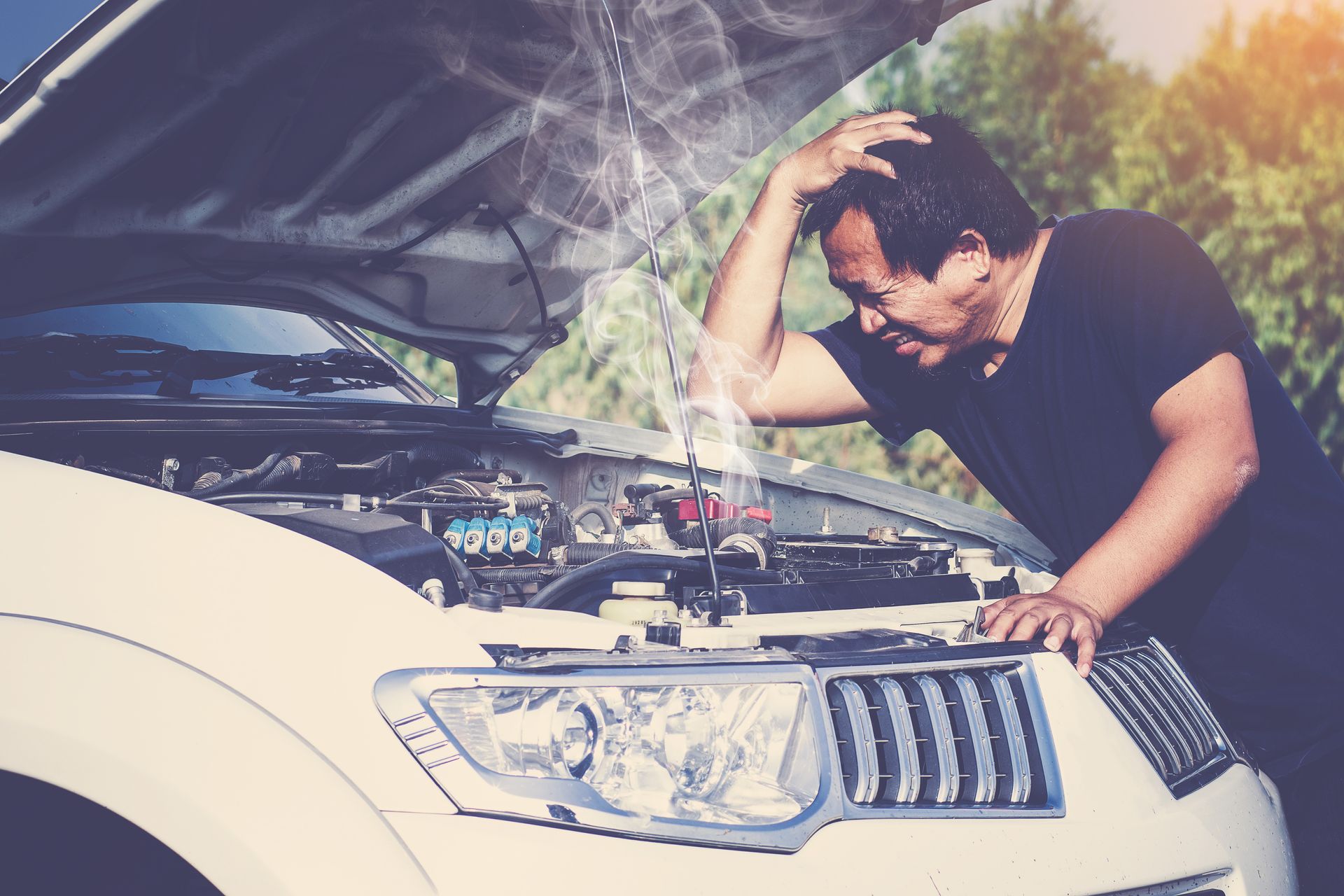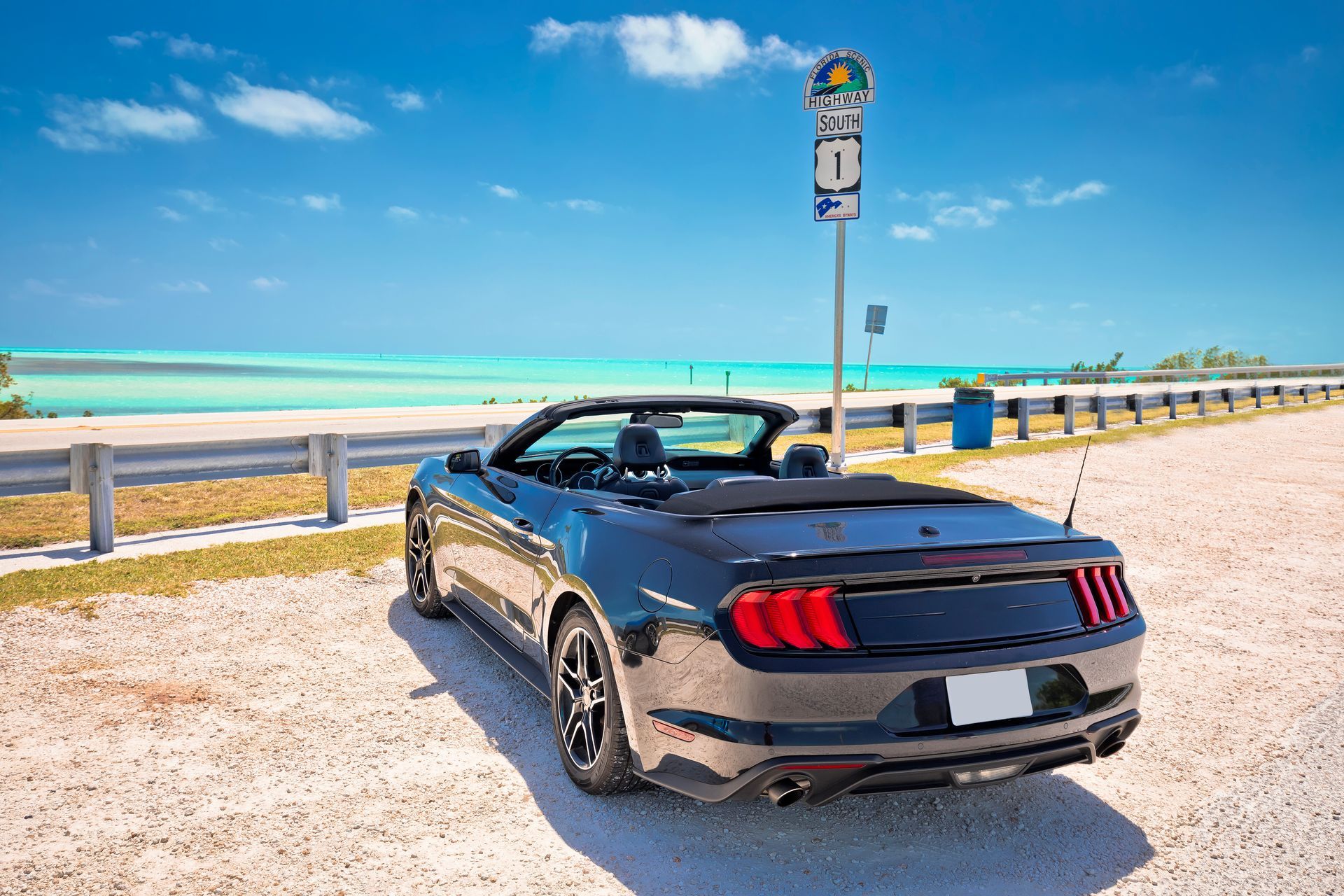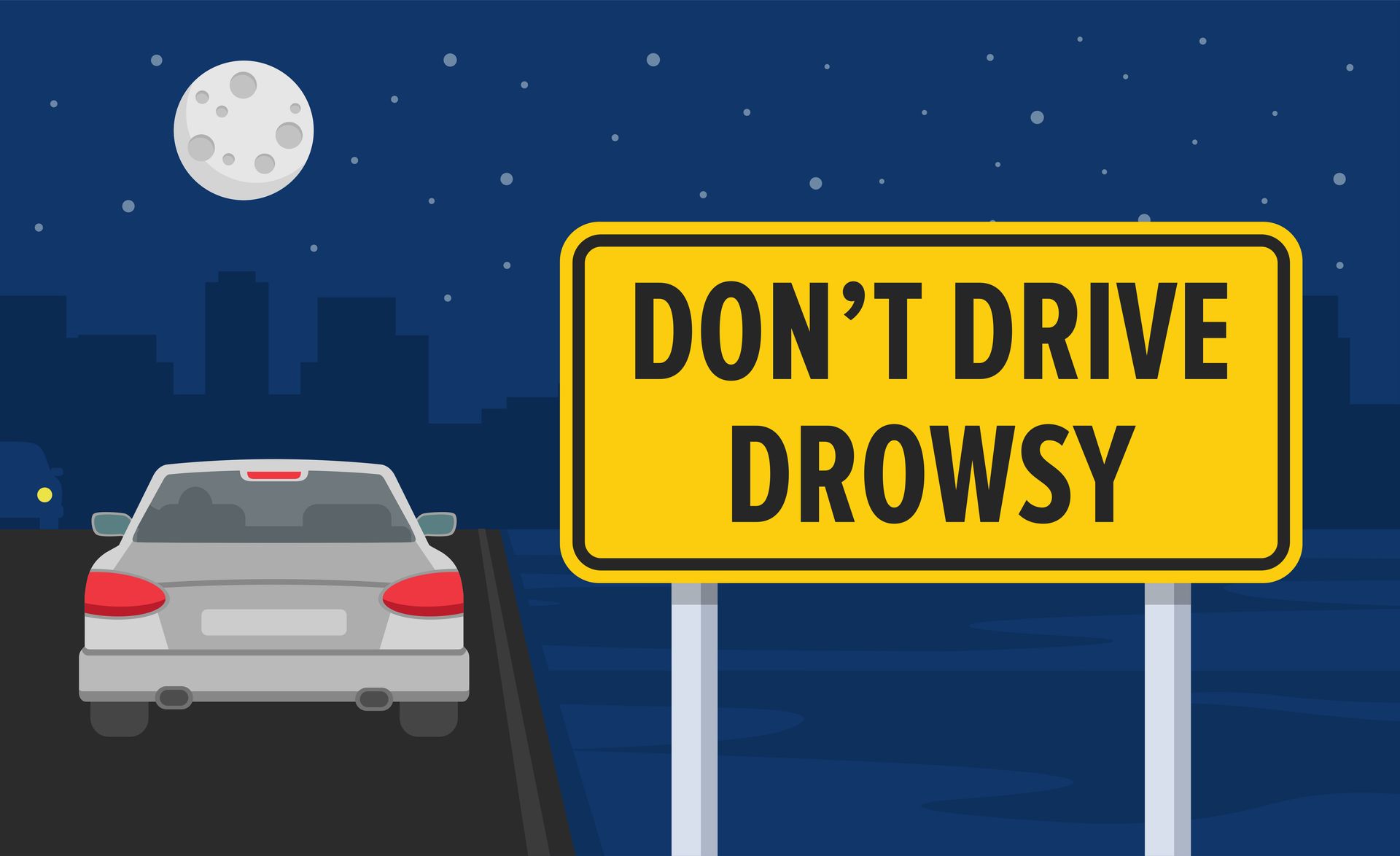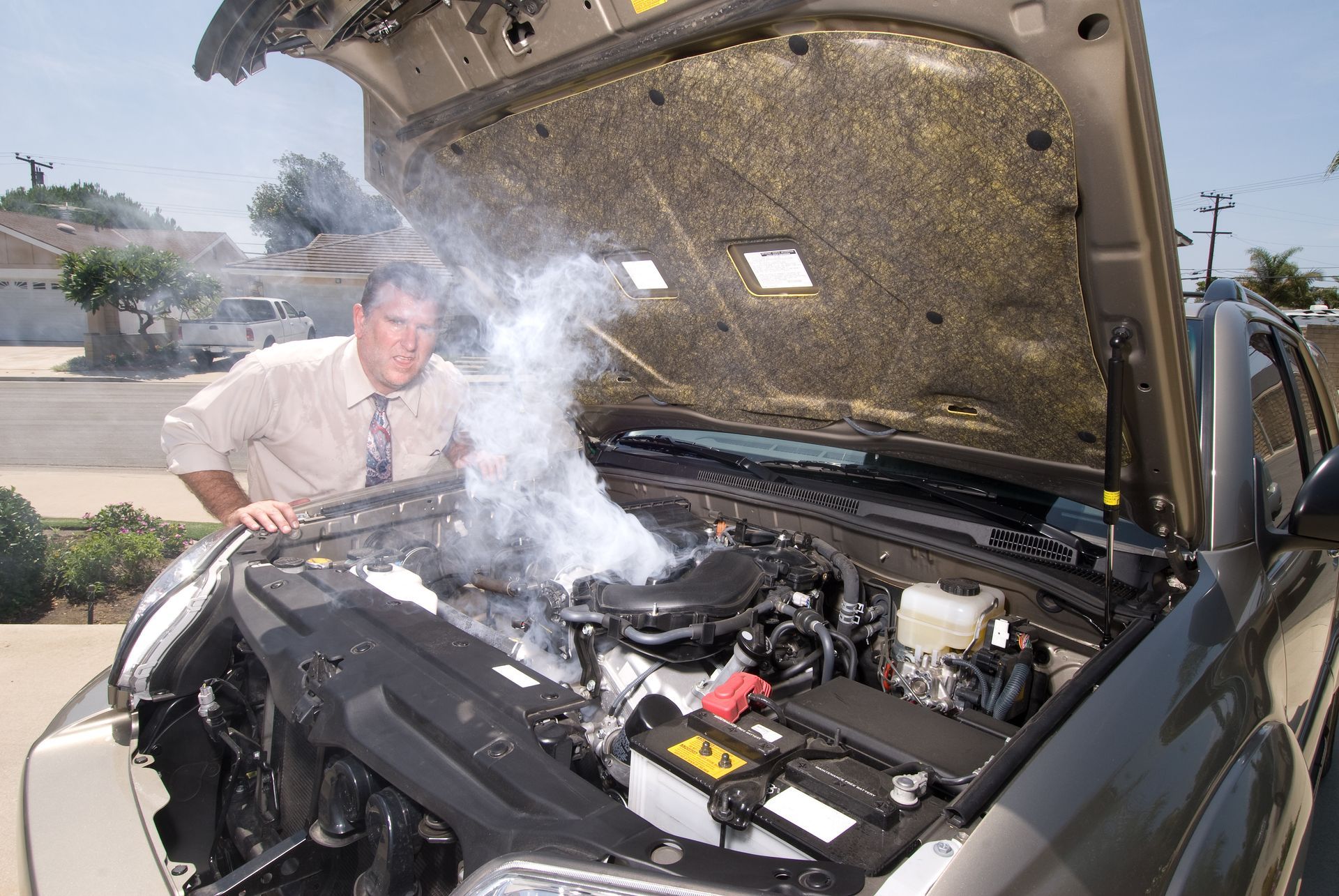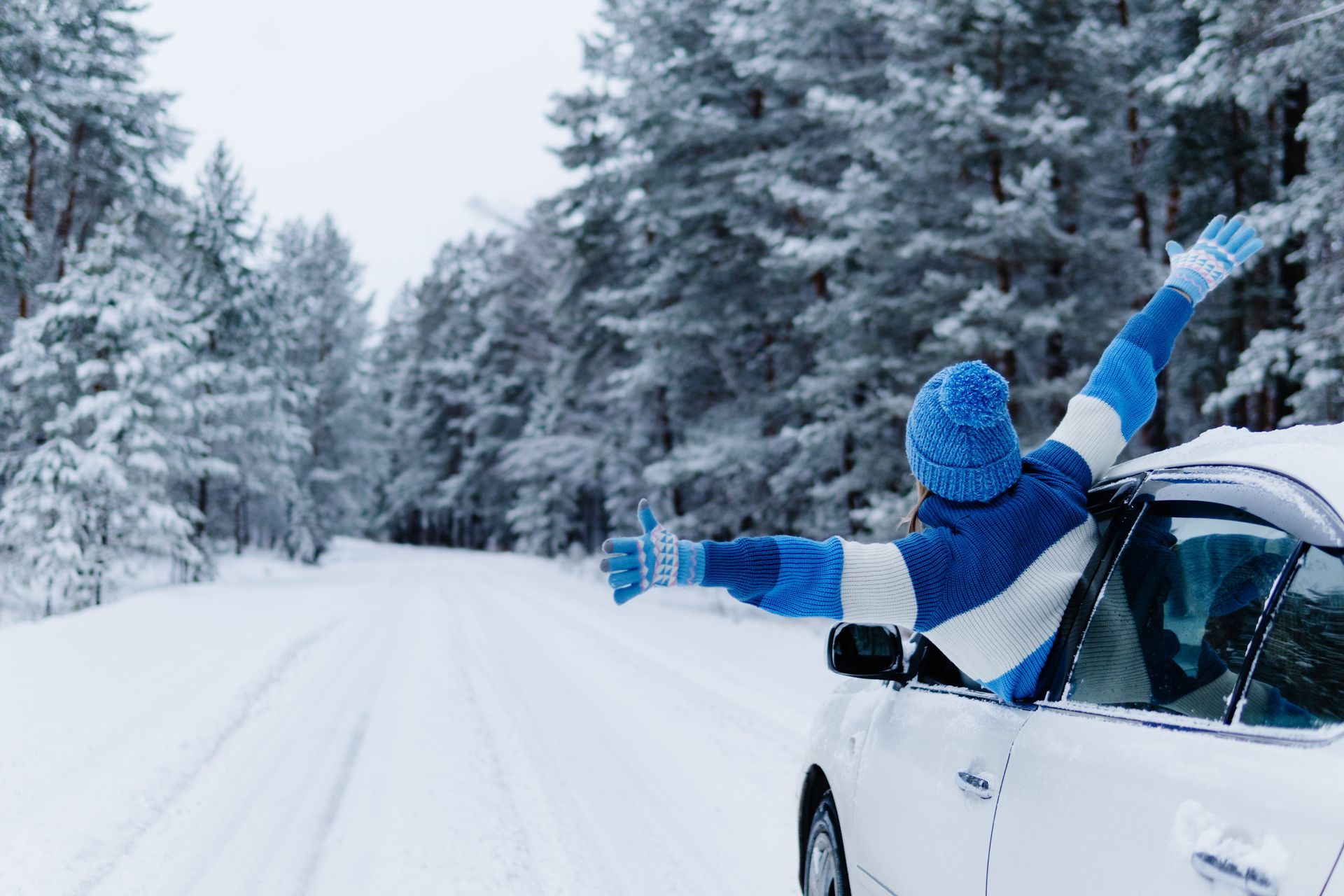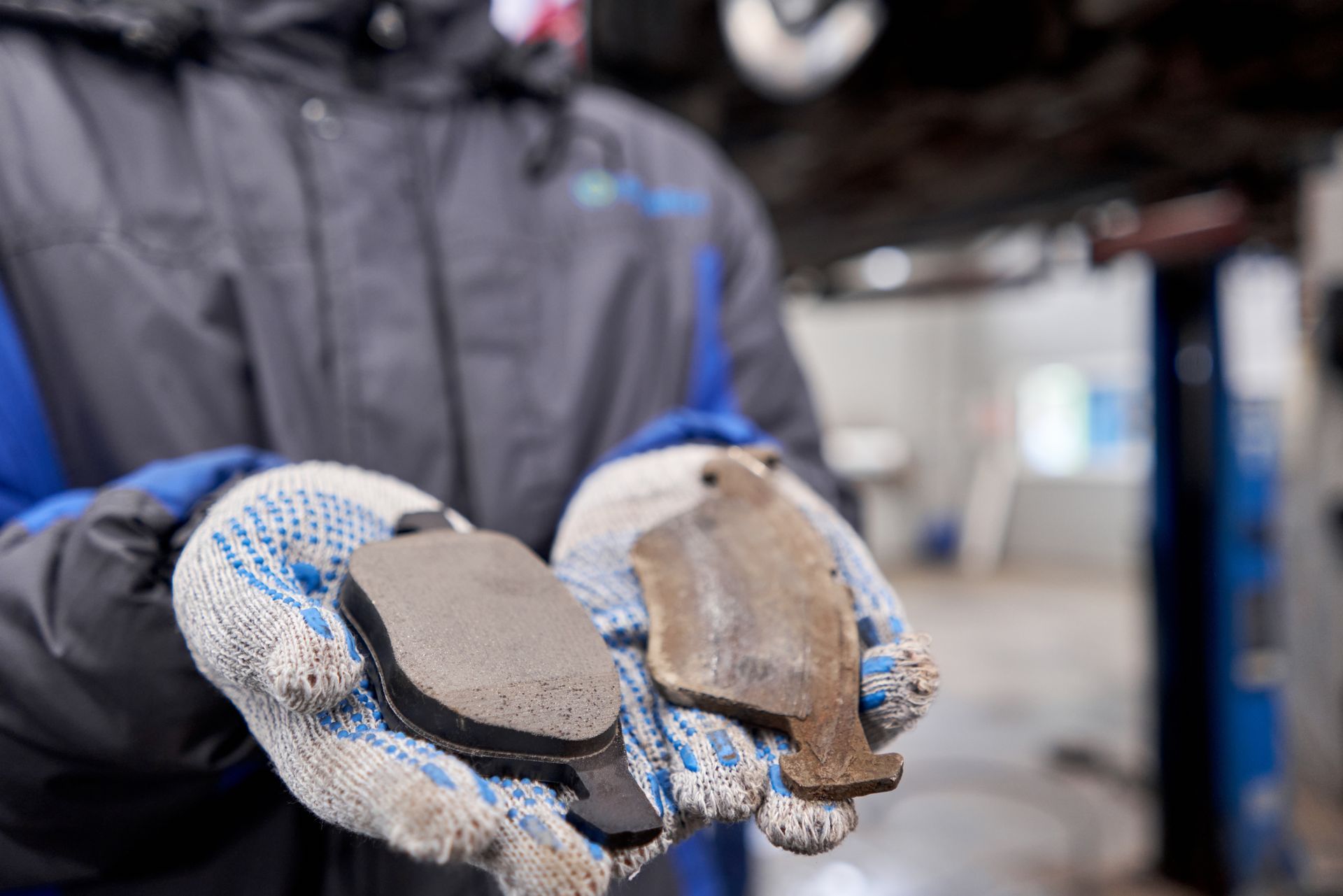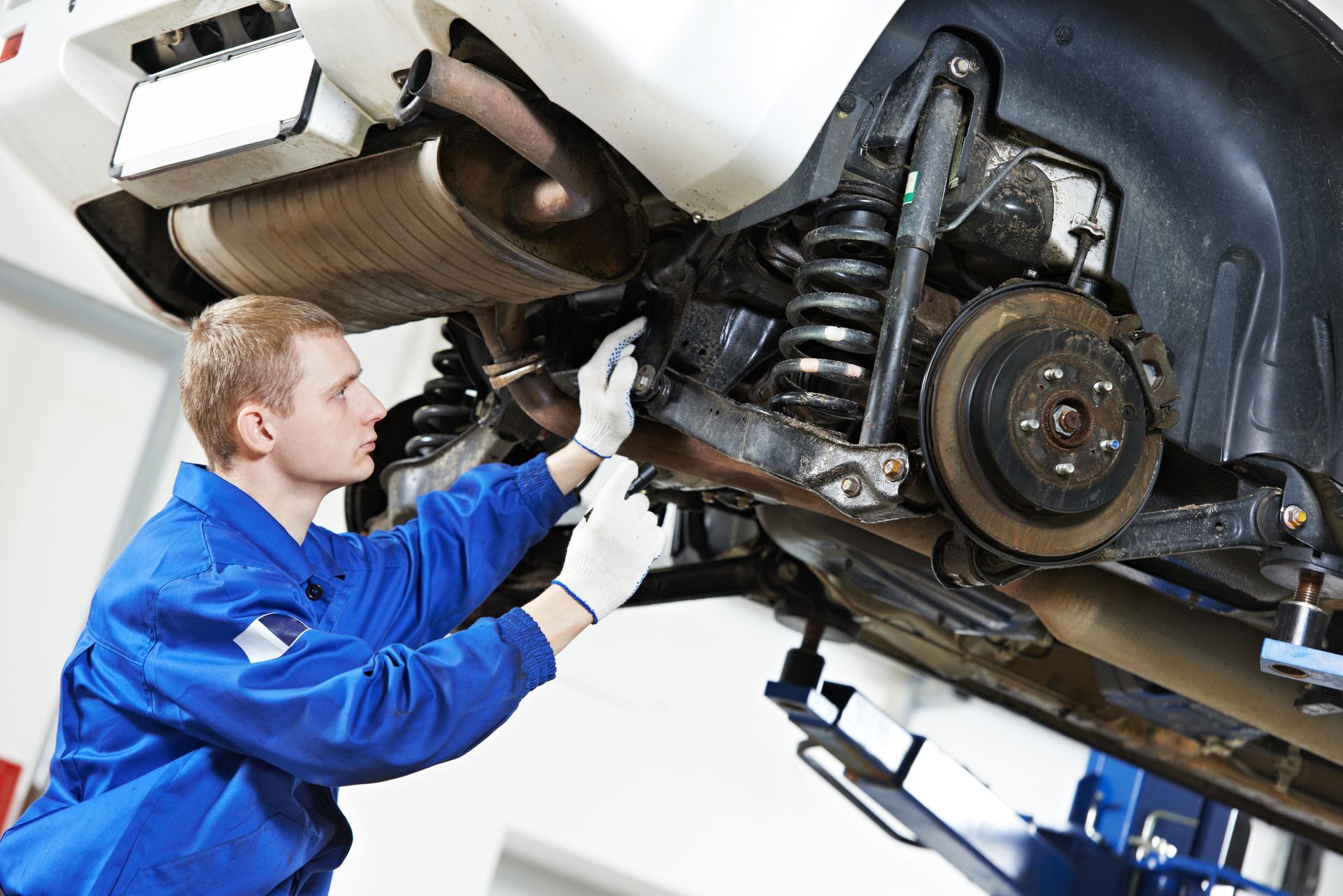Have you ever felt that your car's brakes are not as responsive as they should be? Perhaps you've noticed a spongy feel when pressing the brake pedal, or maybe it takes longer for your vehicle to come to a complete stop. These could be signs that there is air trapped in your car's brake lines.
What exactly does it mean to have air in the brake lines, and how does it affect your vehicle's braking performance?
What Is Air in the Brake Lines?
Air in the brake lines, also known as "brake air," occurs when air bubbles become trapped within the brake fluid. Brake systems rely on hydraulic pressure to transmit force from the brake pedal to the brake calipers or wheel cylinders, ultimately causing the brake pads or shoes to press against the rotors or drums and slow down the vehicle.
However, if air enters the brake lines, it can compress, leading to a loss of hydraulic pressure and reduced braking effectiveness.
Symptoms of Air in the Brake Lines
Spongy Brake Pedal
When you press the brake pedal, it should feel firm and responsive. However, if there's air in the brake lines, the pedal might feel soft or spongy. Instead of a solid pushback, it might sink down more easily, making it harder to stop the car smoothly.
Longer Stopping Distances
When you hit the brakes, your car should slow down quickly. But if there's air in the brake lines, it can reduce the force applied to the brakes. As a result, your car might take longer to stop, which can be risky, especially in emergencies.
Brake Fade
After repeated braking, you might notice that your brakes don't work as well—they might feel less effective or take longer to respond. This is called brake fade, and it can happen when there's air in the brake lines, reducing the brakes' ability to grip the wheels.
Causes of Air in the Brake Lines
Brake Fluid Leaks
If there's a leak in your brake system, it can allow air to enter. This often happens when brake fluid levels get too low, so it's important to check for leaks and top up the fluid regularly.
Improper Brake Bleeding
When mechanics or DIY enthusiasts work on the brakes, they need to bleed the system to remove any air. If this isn't done correctly, air bubbles can get trapped in the lines, affecting brake performance.
Component Replacement
Sometimes, when replacing brake parts like calipers or hoses, air can enter the system if it's not properly bled afterward. It's essential to follow the correct procedures to prevent this from happening.
Faulty Master Cylinder
The master cylinder is a crucial brake system component that generates hydraulic pressure. If the master cylinder develops a leak or malfunctions, it can allow air to enter the brake lines, affecting brake performance.
Contaminated Brake Fluid
Brake fluid can become contaminated over time due to moisture absorption or the accumulation of debris and dirt. Contaminated brake fluid can lead to corrosion within the brake system, resulting in air entering the lines and causing brake issues. Maintenance, including flushing and replacing the brake fluid, helps prevent this problem.
If you have spotted any of the issues we discussed or the time for a maintenance visit is right around the corner, schedule an appointment at Triple J Automotive! We will take care of anything your car needs.


